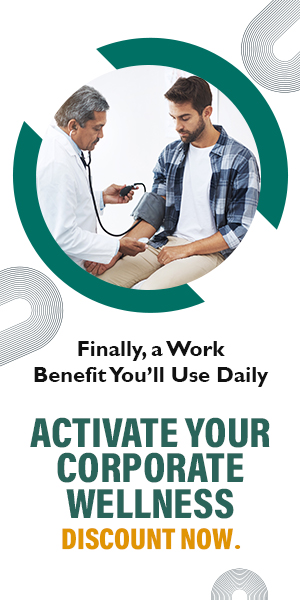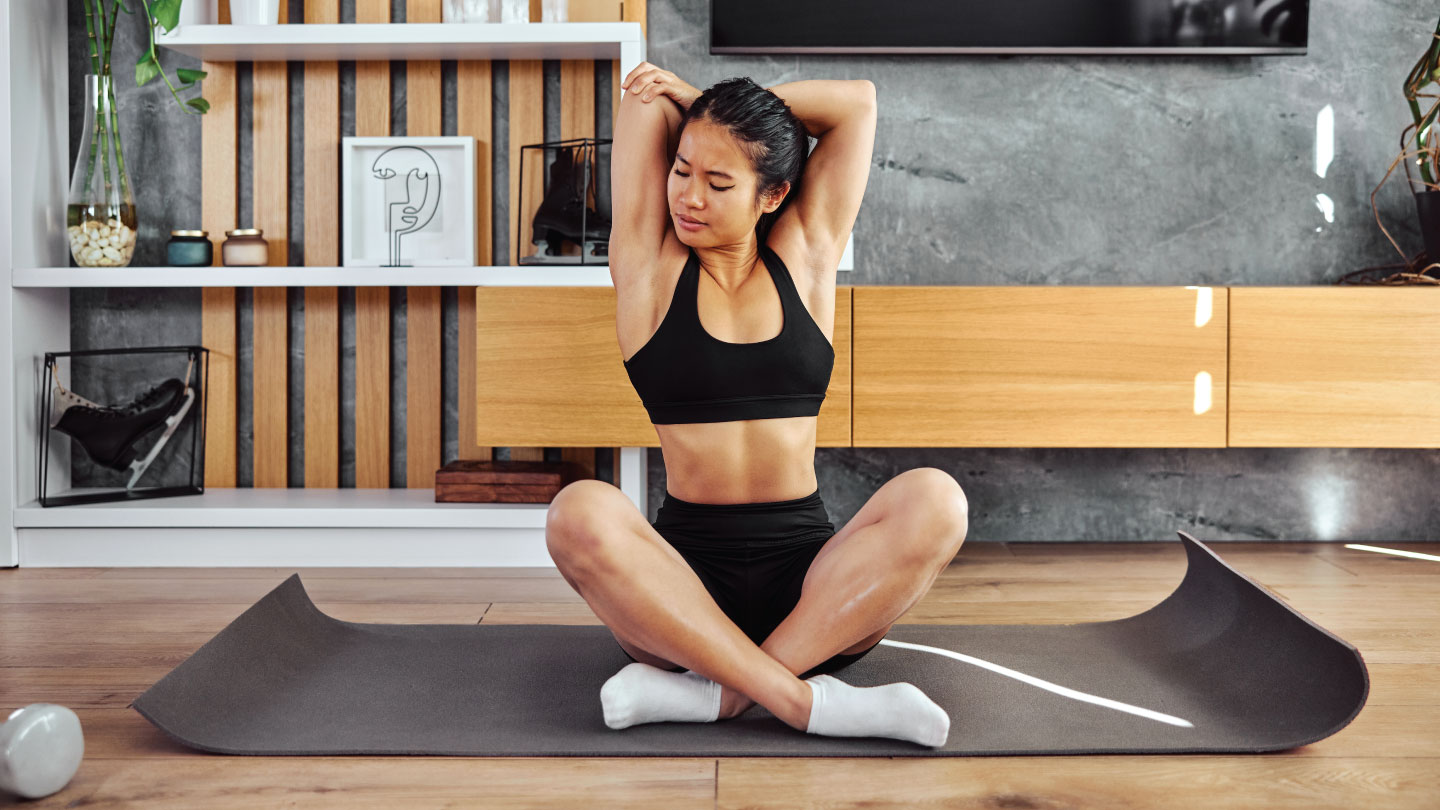Movement
3 Tried And Tested Practices to Sleep Better
Want to improve your sleep quality? Discover these 3 various strategies for improving sleep quality, including light management, non-sleep deep rest techniques, and potential supplements.
.jpg)
Are you tired of tossing and turning at night, only to wake up feeling groggy and unrested? That's the story of almost everyone nowadays with hectic schedules and responsibilities.
Unlock insider access to the best movement plans for free! Sign up today.
In a YouTube episode of Huberman Lab Essentials, Dr. Andrew Huberman, professor of neurobiology and ophthalmology at Standford School of Medicine, discussed the science of sleep and wakefulness, focusing on actionable tools for improving mental and physical health.
Related story: How to Calm The Mind And Get A Good Night’s Sleep
Introduction to Sleep and Wakefulness Science
Dr. Huberman introduced the episode's focus on sleep and wakefulness, explaining their critical role in mental and physical health. He noted that many people experience sleep challenges every few nights. He breaks down the intricate science of sleep and wakefulness—two pillars of our mental and physical health. He highlights a reality most of us know all too well: struggling with sleep is incredibly common. But understanding why it happens can unlock the tools to fix it.
The Role of Adenosine
Let’s start with adenosine—a key player in your body’s internal clock. Think of adenosine as the body's natural sleep signal. It accumulates the longer we stay awake, creating a sort of sleep drive or hunger for rest. After a comfortable night of eight to ten hours of deep sleep, your adenosine levels will be at a low point.
Now, let’s talk about caffeine. For many, that morning cup of coffee or afternoon soda provides a lift, enhancing alertness and mood. How does it do that? Caffeine acts as an adenosine antagonist. Imagine it taking a prime parking spot in your brain’s adenosine receptors, preventing adenosine from pulling into its usual spot. When caffeine occupies these receptors, it halts the sleepy signals that adenosine usually sends out, which is why you feel energised.
But here's the catch: once the caffeine wears off, adenosine rushes back in, often grabbing the receptor with even greater force, leading to that dreaded crash when you suddenly feel more tired than before. It’s a fascinating dance between stimulation and fatigue! Caffeine might have its drawbacks—like raising blood pressure for some—but it also boosts dopamine, the feel-good neuromodulator that keeps you motivated and energized. Don’t forget that dopamine is closely linked to epinephrine, which plays a role in your energy levels.
Related story: 6 Viral Life Hacks to Help Sleep Better
Dr. Huberman’s Tested Practices to Sleep Better
Sleep isn’t just about lying down and hoping for the best—it’s governed by a complex circadian force that runs like clockwork in your brain. By aligning your habits with your circadian rhythms, incorporating NSDR techniques, and using supplements thoughtfully, you can unlock the full potential of restorative sleep.
1. Get enough sunlight to realign sleep rhythms
Your eyes are more than just windows to the soul; they’re powerful sensors that communicate directly with the brain's sleep-control center. Dr. Huberman explains that retinal ganglion cells in the eye detect light and send signals to the suprachiasmatic nucleus (SCN), the master clock of the brain. This process regulates cortisol (your stress hormone) and melatonin (sleep hormone), syncing your body to the 24-hour cycle of day and night.
Morning sunlight is the secret sauce here. By exposing your eyes to natural light within an hour of waking, you give your SCN the cues it needs to properly align your internal clock. However, don’t cheat with sunlight streaming through windows—it’s up to 50 times less effective than stepping outside. Even on cloudy days, natural outdoor light beats indoor exposure by a mile.
Dr. Huberman also warns against bright light at night, especially between 11 p.m. and 4 a.m. Blue and artificial lights during these hours can confuse your SCN, tricking it into thinking it’s daytime. This disrupts melatonin production and leaves your brain wide awake when it should be preparing for deep rest.
Pro Tip: Even on cloudy days, step outside—natural light is far more effective than indoor light.
Related story: 6 Reasons to Try Circadian Rhythm Fasting
2. Non-Sleep Deep Rest (NSDR): A Shortcut to Relaxation
Sleep isn’t the only way to recharge. Dr. Huberman highlights Non-Sleep Deep Rest (NSDR) techniques, like yoga nidra and specific meditation practices, as game-changers for relaxation and recovery. These body-based methods work by calming the nervous system, lowering stress, and setting the stage for more restful sleep at night.
Yoga Nidra, for example, guides you through deep relaxation while keeping you in a semi-conscious state. Think of it as a reset button for your mind and body. Just 15 minutes of yoga flow can improve focus, reduce anxiety, and even enhance learning and memory.
Pro Tip: Use warm, dim lighting if you need light at night, and consider blackout curtains to block external sources.
Related story: Yoga Postures for Good Sleep
3. Take sleep-boosting supplements
For those seeking extra help, Dr. Huberman discussed supplements that can support sleep. Key players include:
- Magnesium Threonate: Known for its calming effects and ability to cross the blood-brain barrier.
- L-Theanine: Found in tea leaves, this amino acid promotes relaxation without causing drowsiness.
- Apigenin: A compound found in chamomile that helps induce sleep by calming the brain.
Caution: Supplements aren’t a one-size-fits-all solution. Avoid using them too late in the morning, as they might interfere with your wakefulness. Always consult with a healthcare professional before adding new supplements to your routine.
Related story: 3 Habits for Getting Better Sleep
Sleep isn’t just something that happens—it’s something you can actively shape and improve by understanding your body’s rhythms and needs. Dr. Huberman’s actionable insights on sunlight exposure, light management, relaxation techniques, and supplements provide a practical roadmap to optimize your sleep and wakefulness. By integrating these action items into your daily routine, you can create an environment that supports better sleep and improved overall well-being. Small changes lead to big results when it comes to mastering your sleep.
Unlock insider access to the best movement plans for free! Sign up today.
EXPLORE MORE
Your posture is whispering a story about stress, screens, and slouching. Here are 6 exercises you must try!
In a world addicted to speed, Shavasana is proof that true regulation begins when you slow down. Discover how this humble pose is the simplest solution to the chaos within you!
When your thoughts won’t slow down, these yoga poses teach your body to stay present in the moment.
If you’re tired of starting over, this is the timeline that finally aligns with how your metabolism adapts and how habits stick.







.jpg)
.jpg)
.jpg)
